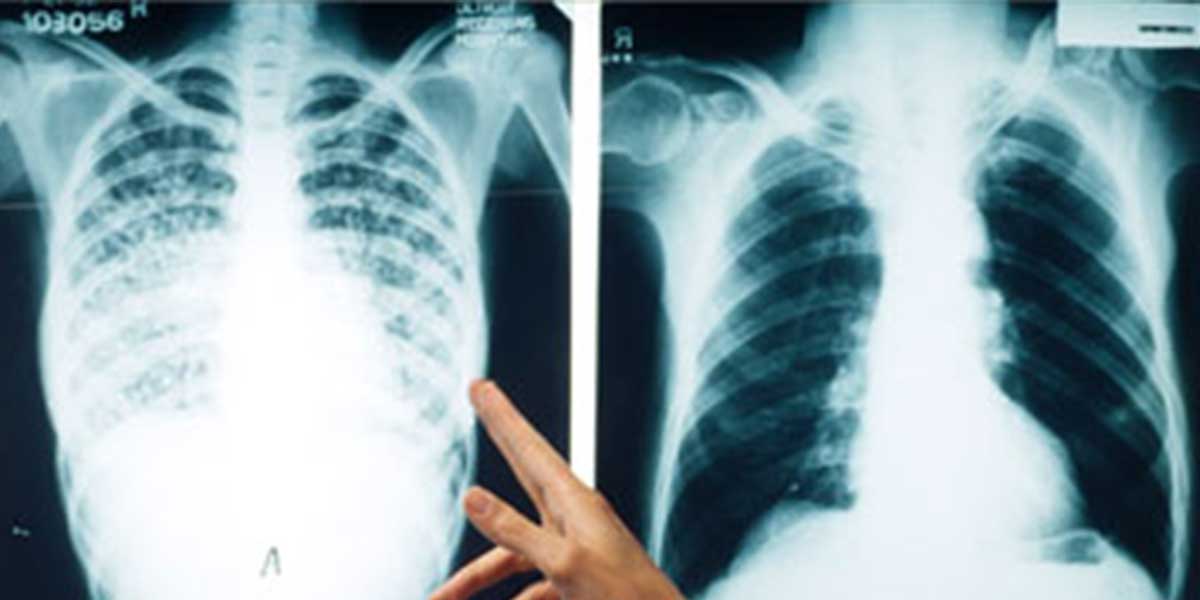
Postgraduate education in Pulmonary Medicine is essential to create specialists who can provide high-quality healthcare and contribute to the advancement of science through research and training. With the evolution of critical care medicine, it has become imperative that postgraduates are trained in the basic principles of Pulmonary Medicine as applied to critical care.
The primary objective of postgraduate training in Pulmonary Medicine is to ensure that the person is well-versed with recent advances and developments in the specialty. The training should enable the person to develop a spirit of inquiry and apply recent medical evidence to practice Pulmonary Medicine. The person should also grasp the fundamentals of research methodology to contribute to the development of new knowledge in the field.
The syllabus for postgraduate training in Pulmonary Medicine should be designed to develop a sound and scientific foundation and serve as a guide to impart basic knowledge and develop skills. It should not limit the expansion beyond the areas listed. The purpose of this document is to provide illustrative guidelines to achieve defined outcomes through learning and assessment.
The preparation of this document involved various subject-content specialists, and the Reconciliation Board of the Academic Committee attempted to render uniformity without compromise to purpose and content. The compromise in purity of syntax has been made to preserve the purpose and content of the document.
In conclusion, postgraduate training in Pulmonary Medicine is crucial to create specialists who can provide high-quality healthcare and contribute to the advancement of science through research and training. The syllabus for the training should be designed to develop a sound and scientific foundation and provide guidance to achieve defined outcomes through learning and assessment.
Click here if you want to know about course fees.
The primary goal of the MD course in Pulmonary Medicine is to produce post graduate clinicians able to provide health care in the field of pulmonary medicine. It is expected that a physician qualified in Pulmonary Medicine at the end of the course should be able to diagnose and treat pulmonary diseases, take preventive and curative steps for these diseases in the community at all levels of health care and qualify as a consultant and teacher in the subject.
Each student should obtain proficiency in the following domains during the period of training:
1. Theoretical knowledge of different aspects of Pulmonary Medicine including the status in health and disease.
2. Acquired clinical skilled and enabling them to make proficient in all pulmonary interventions required 3. Getting trained in all aspects of critical care medicine
4. Management of emergencies including intensive care.
5. Preparation of thesis as per MCI guidelines.
These involve patient management in the outpatient, inpatient and emergency situations,
case presentations, didactic lectures, seminars, journal reviews, clinico-patholgical
conferences and mortality review meetings and working in the laboratories.
| S.No | FACULTY NAME | DESIGNATION |
| 1 | DR. NEERAV TYAGI | PROFESSOR & HOD |
| 2 | DR. NITIN RATHI | ASSOCATE PROFESSOR |
| 3 | DR. MANISH KUMAR SHARMA | ASSISTANT PROFESSOR |
| 4 | DR. MAHENDRAN C.S | ASSISTANT PROFESSOR |
| 5 | DR. MUKUL SAINI | SENIOR RESIDENT |
Click here to read more about the Respiratory Medicine department.
There shall be four theory papers:
Paper I: General pulmonary medicine and basic sciences;
Paper II: Clinical pulmonary medicine including medical emergencies;
Paper III: Clinical pulmonary medicine including critical care medicine;
Paper IV: Recent advances in pulmonary medicine, and research methodology.
Practical:
The post graduate students shall examine a minimum of one long and two short cases.
Teaching & learning:
Postgraduate teaching programme:
General principles:
Acquisition of practical competencies being the keystone of PG medical education, PG training should be skills oriented. Learning in PG program should be essentially selfdirected and primarily emanating from clinical and academic work. The formal sessions are merely meant to supplement this core effort.
This should include regular bedside case presentations and demonstrations, didactic lectures, seminars, journal clubs, clinical meetings, and combined conferences with allied departments. The post graduate student should be given the responsibility of managing and caring for patients in a gradual manner under supervision.
Formal teaching sessions:
In addition to bedside teaching rounds, at least 5-hr of formal teaching per week are necessary. The departments may select a mix of the sessions, as given under formative assessment. Further, the student should:
All MD (Pulmonary Medicine) post graduate students should carry out work on an assigned topic under the direct guidance of a recognised post graduate teacher. A written protocol of the proposed work should be submitted before the end of the first 6 months. Subsequently, the post graduate student should carry out the proposed work for at least 1 year (not inclusive of the period for submitting the protocol and writing-up the final thesis).